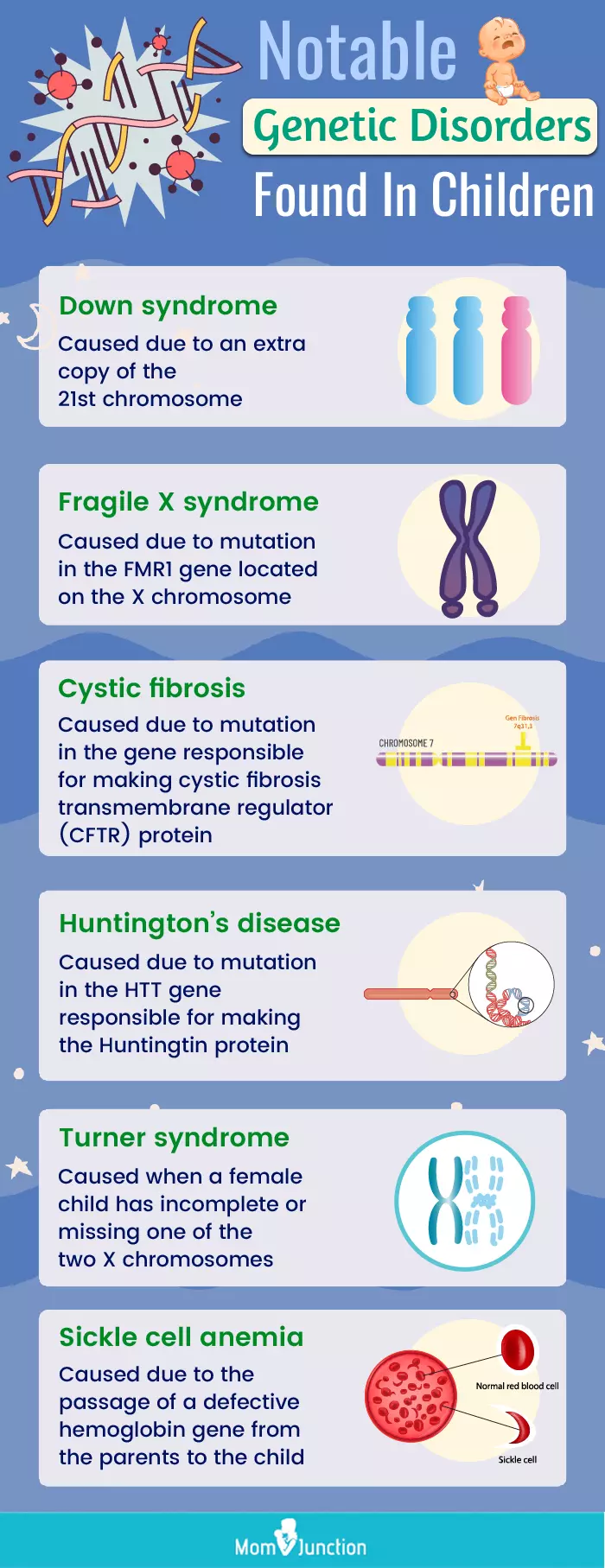Genetic disorders treatable before birth represent a significant advancement in prenatal healthcare, offering hope to many families facing potential health challenges for their unborn children. Recent studies have identified nearly 300 genetic conditions that can be addressed early, emphasizing the importance of timely detection genetic disorders during pregnancy. With tools such as prenatal genetic testing, healthcare providers can uncover critical information about fetal health and explore various fetal treatment options. Early intervention in genetic disorders can drastically improve outcomes, making awareness and education paramount for expectant parents. As the field of genomic medicine continues to evolve, parents now have unprecedented opportunities to ensure healthier beginnings for their babies through informed decision-making.
The ability to diagnose and address genetic issues during pregnancy marks a transformative shift in maternal-fetal medicine. Often termed as prenatal interventions, these approaches leverage advanced diagnostic technologies to identify genetic conditions that may affect fetal well-being. With timely intervention becoming increasingly feasible, parents can explore numerous innovative treatment options, enhancing the available strategies for managing potential fetal health risks. Understanding these complexities is crucial for families, as early recognition allows for substantial improvements in managing genetic conditions in pregnancy. Engaging in informed discussions with healthcare professionals can empower parents and pave the way for a healthier future for their newborns.
Understanding Genetic Disorders Treatable Before Birth
Recent research has identified a significant number of genetic disorders that can be treated before birth. This breakthrough comes from collaborations among prominent medical institutions like Harvard Medical School and Duke University. By analyzing 296 genetic conditions that are manageable during pregnancy or shortly after birth, researchers have created a list that can significantly impact prenatal care. Early detection of these disorders allows for timely interventions that can improve the outcomes for both the mother and the fetus, thus altering the course of several genetic conditions that, if left untreated, could lead to severe health issues.
As physicians, genetic counselors, and parents work together to understand these treatable conditions, the role of prenatal genetic testing is becoming increasingly crucial. These tests, often employing advanced genomic sequencing, help detect potential genetic abnormalities in the fetus long before any physical symptoms can manifest. This proactive approach not only enhances future management options but also empowers families with knowledge about the best paths forward for their children’s health.
Frequently Asked Questions
What are genetic disorders treatable before birth?
Genetic disorders treatable before birth refer to a range of conditions identified through prenatal genetic testing that can be managed with interventions during pregnancy or immediately after birth. Recent research has identified nearly 300 genetic conditions that can be addressed, improving outcomes for affected fetuses.
How does prenatal genetic testing help in detecting treatable genetic disorders?
Prenatal genetic testing employs techniques like genomic sequencing to detect genetic abnormalities in a fetus. By identifying specific disorders before birth, healthcare providers can plan timely interventions that might reduce morbidity and improve the child’s health outcomes.
What are some fetal treatment options for genetic disorders identified prenatally?
Fetal treatment options may include medications, in-utero surgeries, or blood transfusions, depending on the specific genetic disorder. For example, some fetal heart conditions can be managed through medication, while certain gastrointestinal issues can be treated with therapies immediately after birth.
Why is early intervention important for genetic disorders detected in pregnancy?
Early intervention for genetic disorders detected in pregnancy is crucial as it can change the disease’s natural course. Timely detection allows healthcare providers to implement strategies that can prevent irreversible harm and enhance the overall quality of life for the child.
What role does genomic sequencing play in addressing genetic conditions in pregnancy?
Genomic sequencing plays a vital role in accurately diagnosing genetic conditions in pregnancy. It helps identify genes linked to ultrasound abnormalities, allowing for early detection and potential intervention for conditions that may be treatable either before or shortly after birth.
How can families benefit from a list of treatable genetic disorders during pregnancy?
Having a list of treatable genetic disorders empowers families by providing them with options for early intervention. This knowledge can facilitate informed decision-making regarding prenatal care and potential therapies, maximizing the chance of favorable outcomes for the infant.
What challenges do healthcare providers face in managing genetic disorders treatable before birth?
Healthcare providers face challenges that include ethical considerations surrounding prenatal testing, the overwhelming amount of information for patients, and the need for effective communication among geneticists, obstetricians, and families to navigate complex health decisions.
Can all genetic disorders be treated prenatally?
Not all genetic disorders can be treated prenatally, but significant advancements have identified 296 conditions that may have treatable options. Continuous research is crucial to expanding the list of treatable conditions and improving care strategies.
| Key Points | Details |
|---|---|
| Identification of Treatable Disorders | Nearly 300 genetic disorders can be treated during pregnancy or the first week of life. |
| Actions for Early Intervention | Timely detection can reduce morbidity and improve outcomes. |
| Research Institutions | Conducted by researchers from Harvard Medical School, Mass General Brigham, and Duke University. |
| Use of Genomic Sequencing | Genomic sequencing informs prenatal diagnoses and identifies treatable conditions. |
| Ethical Considerations | Patients may feel overwhelmed by the information; ethical engagement is necessary. |
Summary
Genetic disorders treatable before birth have been identified by health researchers, bringing significant advancements in prenatal care. The detection of nearly 300 genetic conditions that can be managed during pregnancy offers families the opportunity to intervene early, potentially changing the outcomes for many newborns. This initiative not only aims to provide comprehensive care but also emphasizes the importance of collaboration among healthcare professionals to navigate the complexities of new genetic information. By empowering families with this knowledge, we may drastically improve health outcomes and prevent irreversible harm.
